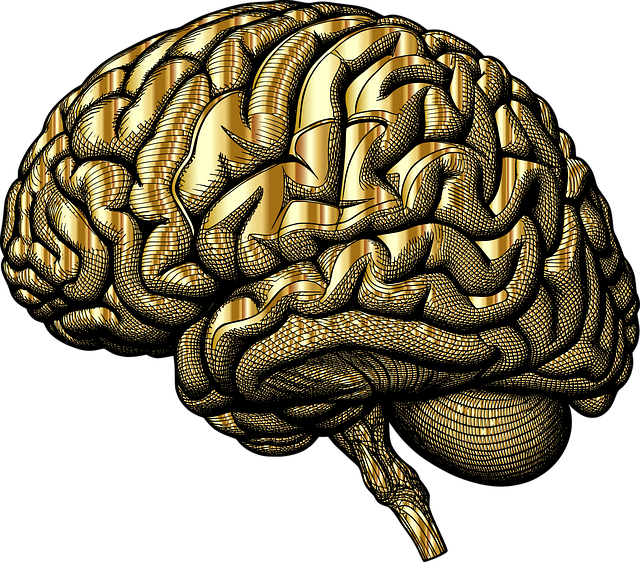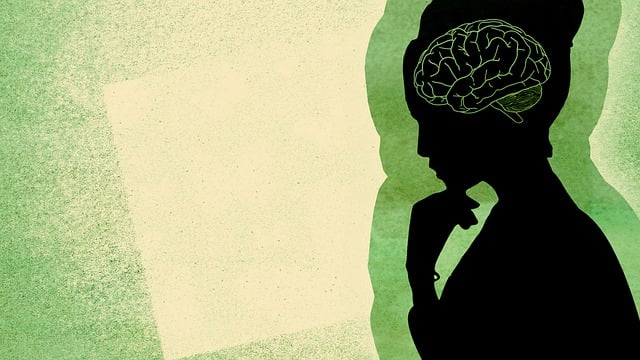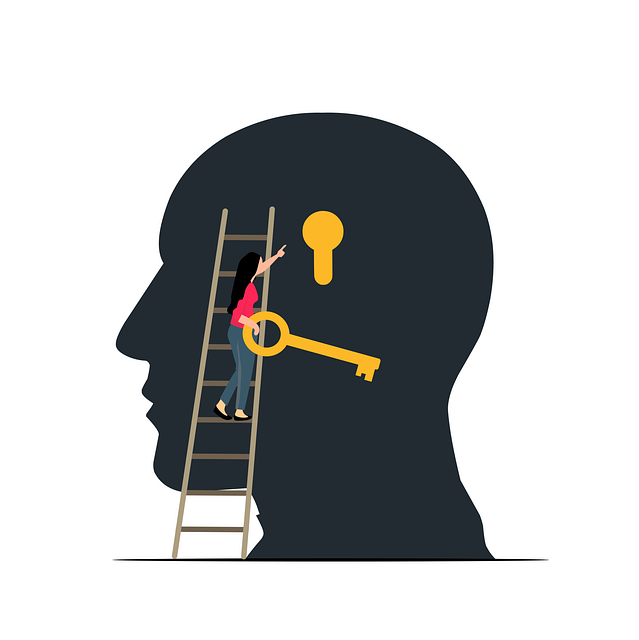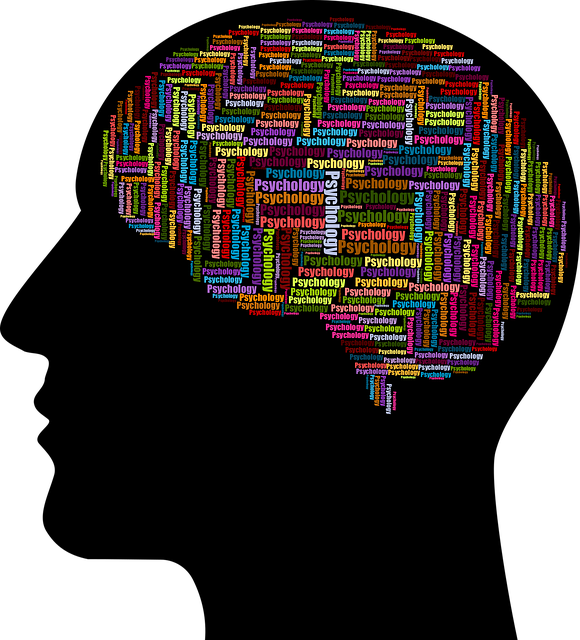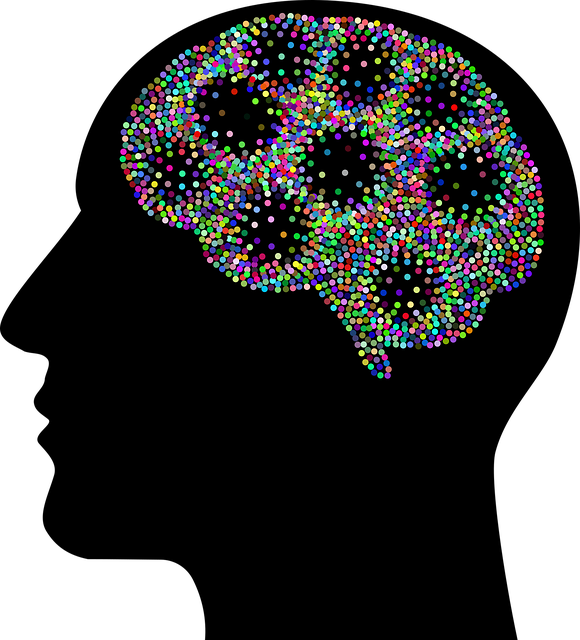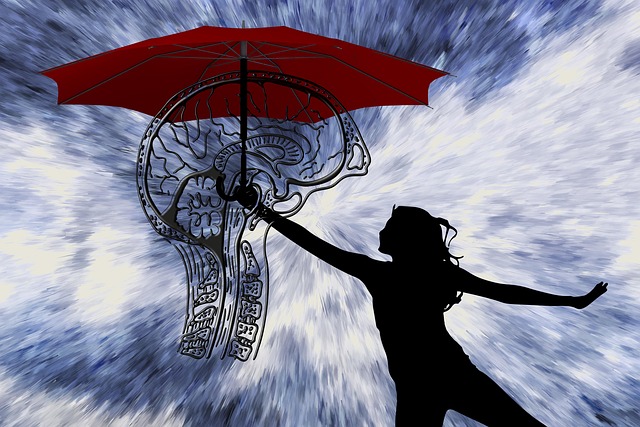Stress impacts everyone differently, with young children and older adults (geriatrics) facing unique challenges. Therapy for young children focusing on conflict resolution and creative expression builds confidence and resilience. For geriatrics, mindfulness exercises, social engagement, and stress management techniques like yoga and tai chi are crucial to navigate health issues, loneliness, and loss while maintaining mental well-being. Tailoring interventions to these age groups is essential for optimal mental health outcomes. Simple breathing exercises and routine modifications, including mindfulness activities and gentle physical practices, can significantly reduce stress levels across all ages, fostering harmonious environments and improved quality of life.
Stress management is a vital skill, especially for young children and geriatrics. This article explores effective therapy techniques tailored for these groups, offering practical strategies to navigate stress in everyday life. We delve into understanding the unique stressors and cognitive abilities of both young minds and aging adults. By implementing these evidence-based methods, individuals can enhance resilience, improve well-being, and foster a healthier relationship with stress. Discover actionable steps to teach and incorporate these techniques seamlessly into daily routines.
- Understanding Stress in Young Children and Geriatrics
- Effective Stress Management Techniques for Each Group
- Implementing and Teaching These Strategies in Everyday Life
Understanding Stress in Young Children and Geriatrics

Stress is a universal experience, but its impact can vary greatly across different age groups. When it comes to young children and geriatrics, understanding stress takes on a unique dimension. Young children often face stress stemming from separation from parents, changes in routines, or challenges in social interactions at school. Effective therapy for young children should focus on conflict resolution techniques tailored to their developmental stage, helping them develop coping strategies that build confidence boosting resilience.
Geriatrics, on the other hand, may experience stress due to physical health issues, loneliness, or a sense of loss. As people age, their bodies and minds undergo changes that can make managing stress more complex. Stress management for geriatrics requires sensitive approaches that address these unique challenges. By incorporating tailored activities and strategies, such as mindfulness exercises and social engagement, stress management can become an integral part of maintaining mental well-being in this demographic.
Effective Stress Management Techniques for Each Group

Stress management techniques vary based on the age group and unique needs of individuals. For young children, therapies like play therapy or art therapy can be highly effective. These approaches allow them to express their feelings through creative means, fostering self-awareness and coping strategies. Incorporating self-awareness exercises, such as mindfulness practices tailored for kids, can help them regulate emotions and reduce stress responses.
In contrast, geriatrics often require different approaches due to age-related mental health challenges. Techniques like gentle yoga or tai chi promote physical and mental relaxation, improving balance and overall well-being. Compassion cultivation practices have shown promise in reducing stress and enhancing social connections for this demographic. For professionals working with these groups, effective risk management planning is crucial. This involves understanding the specific stressors within each population and implementing evidence-based strategies, such as tailored interventions and supportive environments, to ensure optimal mental health outcomes.
Implementing and Teaching These Strategies in Everyday Life

Implementing stress management techniques in everyday life is a crucial step towards fostering resilience and overall well-being. For young children, teaching simple breathing exercises or incorporating playtime activities that promote mindfulness can be highly effective. These strategies not only help them navigate their emotions but also build a strong foundation for emotional healing processes. Similarly, when applied to geriatrics, modifying routines with gentle yoga or engaging in social interactions during walks can significantly reduce stress levels and enhance quality of life.
Conflict resolution techniques are another powerful tool that can be integrated into daily life. Whether it’s facilitating open communication among family members or teaching children constructive ways to express their feelings, these skills contribute to a harmonious environment. Over time, such practices become second nature, boosting confidence and promoting positive relationships. Even in the face of challenges, individuals equipped with emotional coping mechanisms can better manage stress, ensuring a more balanced and fulfilling life at any age.
Stress management techniques play a pivotal role in enhancing the well-being of both young children and geriatrics. By understanding the unique stress triggers and responses in each group, we can tailor effective strategies such as mindfulness, deep breathing, and progressive muscle relaxation to foster resilience. Implementing these evidence-based practices in everyday life, through teaching and role modeling, creates a supportive environment that promotes mental health and improves quality of life for all ages.
